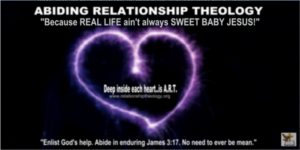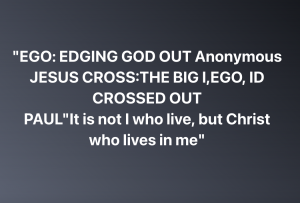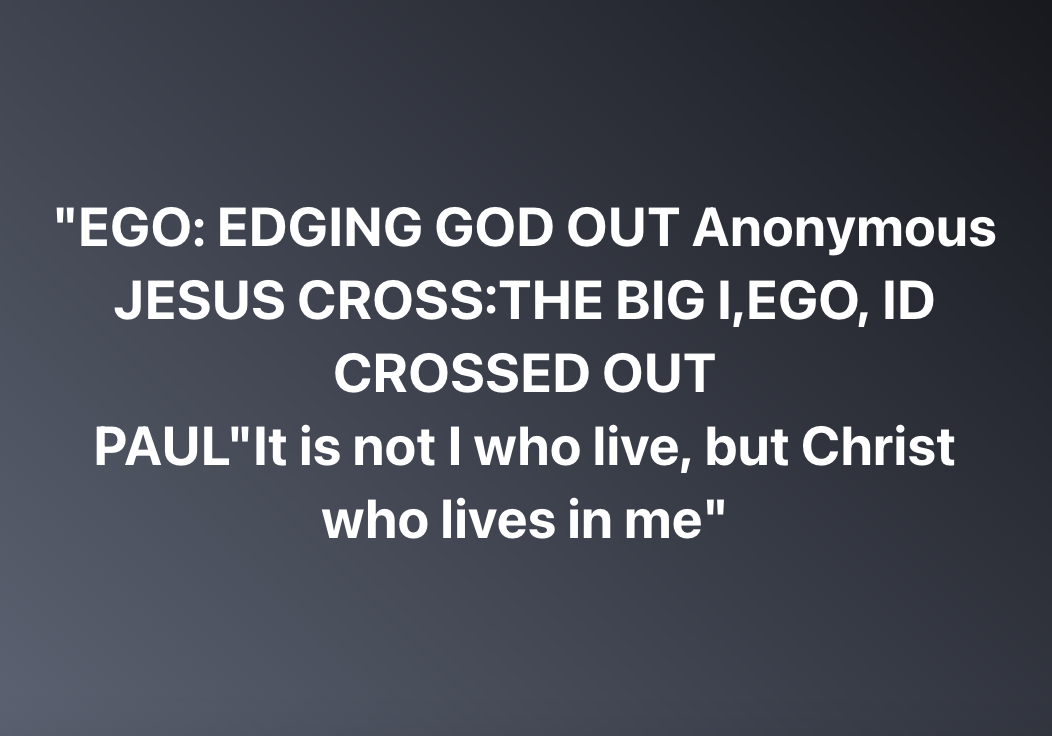
THE SPIRIT OF PRIDE LEVIATHAN (Job 41)
Me, Myself and I ” What is EGO, ID, “Accuser SELF”
(C)2024 Taveau D’ARcy All copyrights reserved under international copyright laws
Job 41 describes the Leviathan as a mighty, untamable creature, emphasizing its strength, dominance, and elusiveness. While this chapter primarily uses vivid imagery to portray Leviathan as a literal sea creature or symbol of chaos, many biblical scholars interpret Leviathan as a metaphor for pride, spiritual arrogance, or a destructive, untamable force in humanity or creation.
Outline of Major Points in Job 41
1. Leviathan’s Strength and Invincibility (Job 41:1-10)
Unapproachable Nature: No one can catch or tame Leviathan (v. 1-2).
Indomitable Spirit: Leviathan resists control or domination (v. 3-4).
Fearlessness: Even the mightiest weapons and warriors are powerless against it (v. 8-10).
Spiritual Symbolism: Pride often manifests as resistance to correction or humility.
2. Leviathan’s Overwhelming Presence (Job 41:11-20)
Impenetrable Armor: Its scales are described as tightly sealed, symbolizing invulnerability (v. 13-17).
Terrifying Power: Leviathan stirs fear wherever it goes (v. 14).
Spiritual Symbolism: Pride creates an impenetrable defense against accountability and repentance.
3. Leviathan’s Destructive Potential (Job 41:21-32)
Breath of Fire: It emits smoke and fire, symbolic of destruction (v. 19-21).
Unstoppable Movement: Leviathan creates chaos, leaving destruction in its wake (v. 30-32).
Spiritual Symbolism: Pride fuels strife, division, and destruction in relationships and communities.
4. Leviathan’s Arrogant Confidence (Job 41:33-34)
King of the Proud: Leviathan is portrayed as the embodiment of pride (v. 34).

Hebrew Insight
“King over all the children of pride” (מֶלֶךְ עַל־כָּל־בְּנֵי שָׁחַץ, melekh al kol bnei shachatz).
Shachatz refers to arrogance, haughtiness, or conceit. Leviathan is not merely a proud being but the ruler or ultimate representation of pride.
Deeper Meanings from Hebrew and Symbolism
“Leviathan” (לִוְיָתָן, Livyatan)
Root: לוה (l-w-h), meaning “to twist” or “to join.” This twisting nature aligns with pride, which distorts truth and inflates self-importance.
Symbolism: Leviathan’s name reflects the twisted, entangled nature of pride that ensnares individuals and communities.
“Scales” (מָגֵן, magen)
Translated as “shields,” symbolizing impenetrability. Pride erects barriers that resist humility, truth, and relationship-building.
“Smoke and Fire” (עָשָׁן וְאֵשׁ, ashan v’esh)
Fire often symbolizes judgment or destruction, while smoke obscures vision. Pride destroys relationships and blinds individuals to their faults.
“Children of Pride” (בְּנֵי שָׁחַץ, bnei shachatz)
The phrase suggests a generational or communal aspect of pride, indicating its pervasive and destructive influence when left unchecked.

Life Lessons: Ministry, Family, Community, and Self
1. Ministry: Humility vs. Pride in Leadership
Challenge: In ministry, pride can manifest as a refusal to delegate, a need for recognition, or a dismissive attitude toward correction.
Lesson: True spiritual leadership, modeled after Christ (Philippians 2:3-8), requires humility and servanthood. Leviathan warns leaders against the destructive tendencies of self-exaltation.
2. Family: Pride as a Barrier to Unity
Challenge: Pride within families creates barriers to forgiveness and reconciliation. It fosters stubbornness, blame-shifting, and alienation.
Lesson: Recognize when “scales” of pride block open communication. Ephesians 4:2-3 calls for humility, patience, and unity, enabling families to resist the divisive effects of arrogance.
3. Community: The Collective Destruction of Pride
Challenge: Communities fractured by pride face gossip, division, and power struggles. Pride disrupts collaboration and shared goals.
Lesson: Like Leviathan stirring chaos, unchecked pride in a community spreads discord. Proverbs 16:18 reminds us that “pride goes before destruction,” calling for humility in community interactions.
4. Self: Overcoming the Spirit of Pride
Challenge: Personal pride often blinds individuals to their need for growth and accountability. This “impenetrable armor” blocks God’s transformative work.

www.abidingrelationshiptheology.com
Practical Application for Relationships
Ministry:
Create space for constructive criticism and feedback in leadership.
Promote a culture of humility and servant-hearted collaboration.
Family:
Practice active listening and affirming others’ perspectives, even when it requires letting go of being “right.”
Model humility by admitting mistakes and seeking forgiveness.
Community:
Focus on collective goals rather than personal agendas.
Address divisive behaviors with compassion and truth.
Self:
Reflect daily on areas of pride through prayer and self-examination.
Memorize scriptures like James 4:6: “God opposes the proud but gives grace to the humble.”
Conclusion
The Leviathan in Job 41 serves as a powerful symbol of pride’s destructive force in individuals and communities. It highlights the importance of humility in ministry, family, and self-awareness. By recognizing the impenetrable “scales” of pride and seeking God’s mercy, we can break free from its grip, fostering stronger relationships and spiritual growth.

Any Questions: taveauteachingcenter@gmail.com
To Sow a Love Offering [wpedon id=”1581″]
(C)2024 Taveau Creative Leadership All copyrights reserved under international copyright laws, in conjunction with AI
